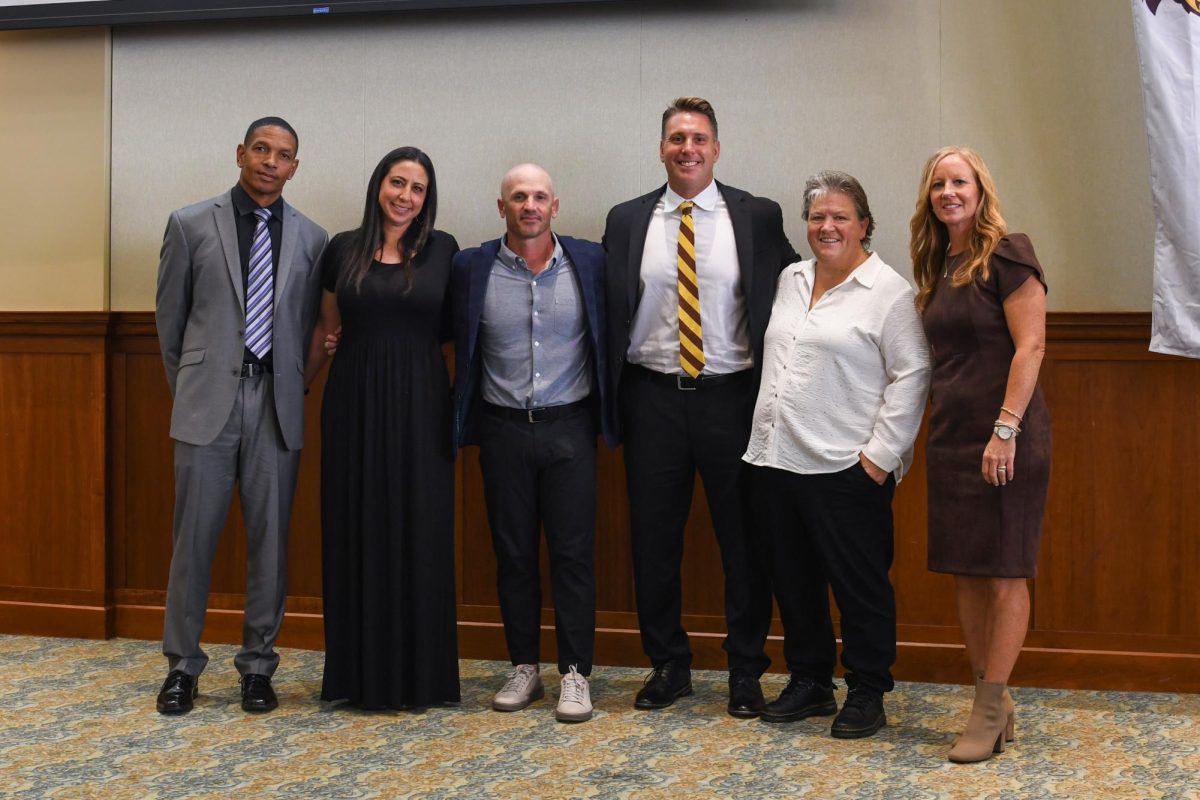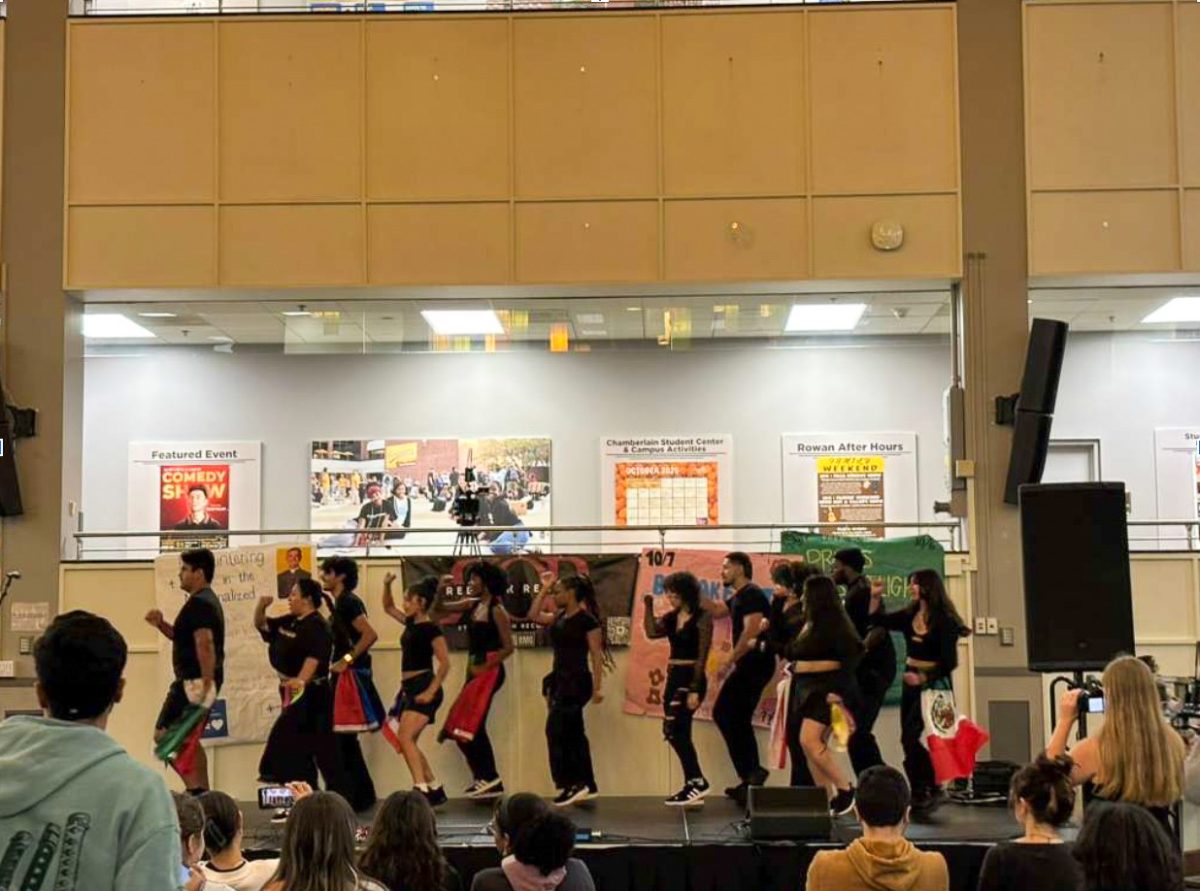Five Survivors Tell the World is a play about five young Jewish women who survived the horrors of several different concentration camps during the Holocaust. The play was written and directed by Anthony Hostetter and was based on the lives and experiences of Rosalie Lebovic Simon and Rose Ickowicz Rechnic’s memoirs, as well Manya Frydman Perel, Elizabeth Ehrlich Roth, and Itka Frajman Zygmuntowicz’s testimonies.
The lives of the five women were portrayed on stage, with each narrating events and giving further context directly to the audience.
“It’s a story that needs to be told, and everyone who sees it is learning more than any of us has ever known about the Holocaust,” said Carly Robinson, who played one of the lead roles.
The play starts with the five main women describing the families they grew up in, the way they were raised, and the communities they originated from. The five women all came from families of different sizes, all of their parents had different occupations, and some lived with grandparents or other extended family members. They also originated from different countries, some from Poland and some from Czechoslovakia.
Despite these differences in background, all of these families were significantly impacted by the Holocaust. Most of the members of these women’s families, both extended and nuclear, died in concentration camps. The first act of the play shows their lives before being transported to labor or death camps, with all of the women dressed in costumes styled after 1940’s clothing. The second act follows the women through the camps, where the actresses are dressed in striped uniforms. The second act also covers the women’s lives after liberation, both the immediate aftermath and a summary of the rest of their lives after the war as well.
The play featured scenes that represented the most horrifying and disturbingly common aspects of the genocide. Depictions of selections, off-stage representations of torture for information, life in the ghetto, transportation to camps, and the daily beatings and forced labor within the camps. A prominent theme of the play was surviving to tell the story of what the Nazis had done to the Jewish people. Early on in the play, Zygmuntowicz’s grandmother Chaya, played by Lily Snow, says “Kindness and caring are not just little things… you only have what you give away.”
At the end of the play, Coeby as Zygmuntowicz reflects on these words and says that she gave away her story to all who would listen, in honor of her grandmother’s words. The other stories all highlighted how kindness and compassion, like sharing food or attempting to comfort others in the camps, helped many of the women to make it through. Judy Porter, the mother of Josie Shock, was in the audience for the Friday night performance.
“It was intense. We were just talking about how it was eerily relevant to what’s happening in the world today… you leave with a lot to think about,” said Porter.
The cast consisted of the five lead actresses: Josie Shock as Roth, Allison Coeby as Zygmuntowicz, Shayla Moon Hermann as Perel, Carly Robison as Simon, and Brooklyn Kathleen Morehead as Rechnic. They were accompanied by twelve other actors, ten women and two men to portray the rest of the people, namely family members and friends of the survivors and SS guards.
The play ended with the five lead actresses speaking as themselves. They spoke about the women, their legacies, their marriages, children, and grandchildren, and if they were still alive, where they were now, and how they continued to share their stories. They also spoke on the current war between Hamas and Israel, speaking about the deaths of Israeli and Palestinian civilians.
For comments/questions about this story DM us on Instagram @thewhitatrowan or email [email protected]




































































































































































































!["Working with [Dr. Lynch] is always a learning experience for me. She is a treasure,” said Thomas. - Staff Writer / Kacie Scibilia](https://thewhitonline.com/wp-content/uploads/2025/04/choir-1-1200x694.jpg)